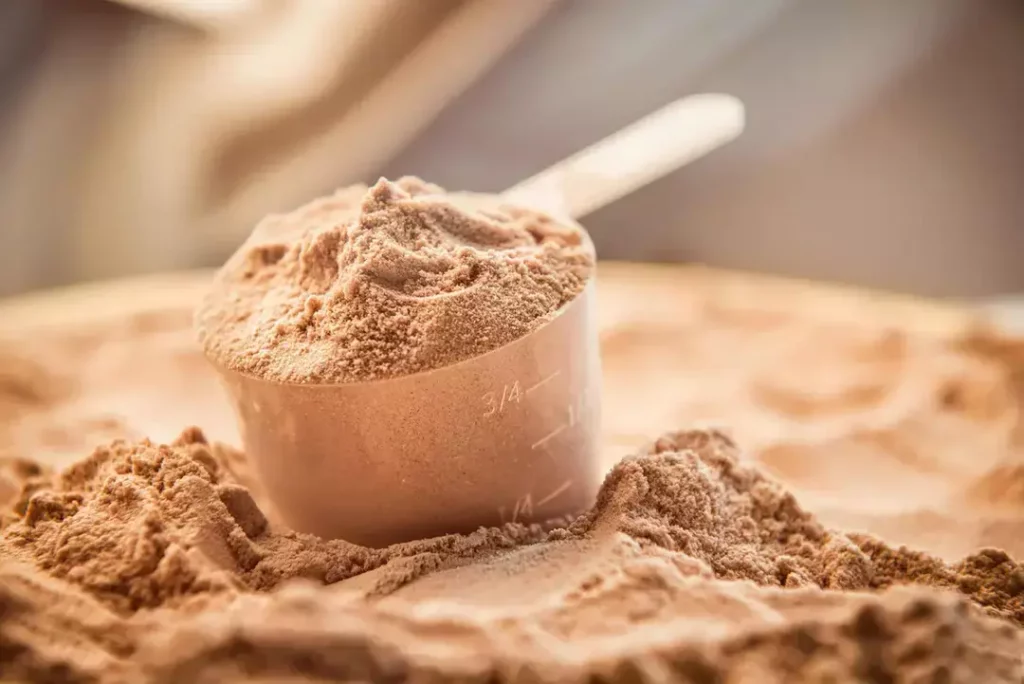
Title: New Study Shows Protein Helps Prevent Weight Regain
Maintaining weight loss can be a daunting task for many individuals who have successfully shed pounds. Despite their best efforts, some people may find themselves struggling to keep the weight off, leading to frustration and disappointment. A recent study in the journal Obesity has shed new light on the importance of protein in maintaining weight loss, revealing that diets higher in protein can help individuals maintain their weight loss more effectively.
The study, which tracked over 1,500 adults for 12 months, found that low protein intake, especially when accompanied by processed foods, led to greater calorie consumption and weight regain. These findings suggest that prioritizing protein-rich foods may play a crucial role in supporting appetite control and long-term weight management.
Weight loss, as we all know, is a challenging and complex process. It requires a combination of healthy eating habits, regular physical activity, and a healthy lifestyle. However, maintaining weight loss is often more difficult than achieving it in the first place. This is because many people struggle to make sustainable lifestyle changes that can help them maintain their weight over the long term.
One of the most significant challenges people face when trying to maintain weight loss is the temptation to return to old habits. This can include overindulging in high-calorie foods and drinks, skipping workouts, and engaging in sedentary activities. However, a diet that is high in protein can help individuals overcome these challenges and maintain their weight loss.
Protein is an essential nutrient that plays a crucial role in many bodily functions, including muscle growth and repair. When we consume protein-rich foods, our bodies use the amino acids to build and repair muscle tissue, which helps to support our overall health and well-being. In the context of weight loss, protein can also help to reduce hunger and increase feelings of fullness, making it easier to stick to a healthy diet.
The study published in Obesity provides further evidence of the importance of protein in maintaining weight loss. The researchers found that individuals who consumed more protein were more likely to maintain their weight loss over the 12-month period. This was particularly true for individuals who consumed protein-rich foods as part of a balanced diet that included whole grains, fruits, and vegetables.
The researchers also found that low protein intake, especially when accompanied by processed foods, was associated with greater calorie consumption and weight regain. This is because processed foods are often high in unhealthy fats, added sugars, and sodium, which can lead to overeating and weight gain.
So, what are some protein-rich foods that can help individuals maintain their weight loss? Some excellent sources of protein include lean meats such as chicken and turkey, fish, beans, lentils, and tofu. Dairy products such as milk, yogurt, and cheese are also good sources of protein, as are nuts and seeds.
In addition to incorporating protein-rich foods into their diets, individuals can also take other steps to support their weight loss and maintenance. These include:
- Eating more fruits and vegetables: Fruits and vegetables are rich in fiber, vitamins, and minerals, and can help to support overall health and well-being.
- Incorporating healthy fats into their diets: Healthy fats such as avocado, nuts, and olive oil can help to support heart health and weight management.
- Staying hydrated: Drinking plenty of water can help to support appetite control and weight loss.
- Getting enough sleep: Getting adequate sleep is essential for overall health and well-being, and can also help to support weight loss and maintenance.
- Engaging in regular physical activity: Regular physical activity can help to support weight loss and maintenance, as well as overall health and well-being.
In conclusion, the study published in Obesity provides further evidence of the importance of protein in maintaining weight loss. By incorporating protein-rich foods into their diets, individuals can help to support appetite control and long-term weight management. Additionally, by prioritizing whole grains, fruits, and vegetables, and incorporating healthy fats, individuals can help to support overall health and well-being.
Sources:
https://thepfc.club/blogs/news/why-maintaining-weight-after-losing-it-is-so-hard






